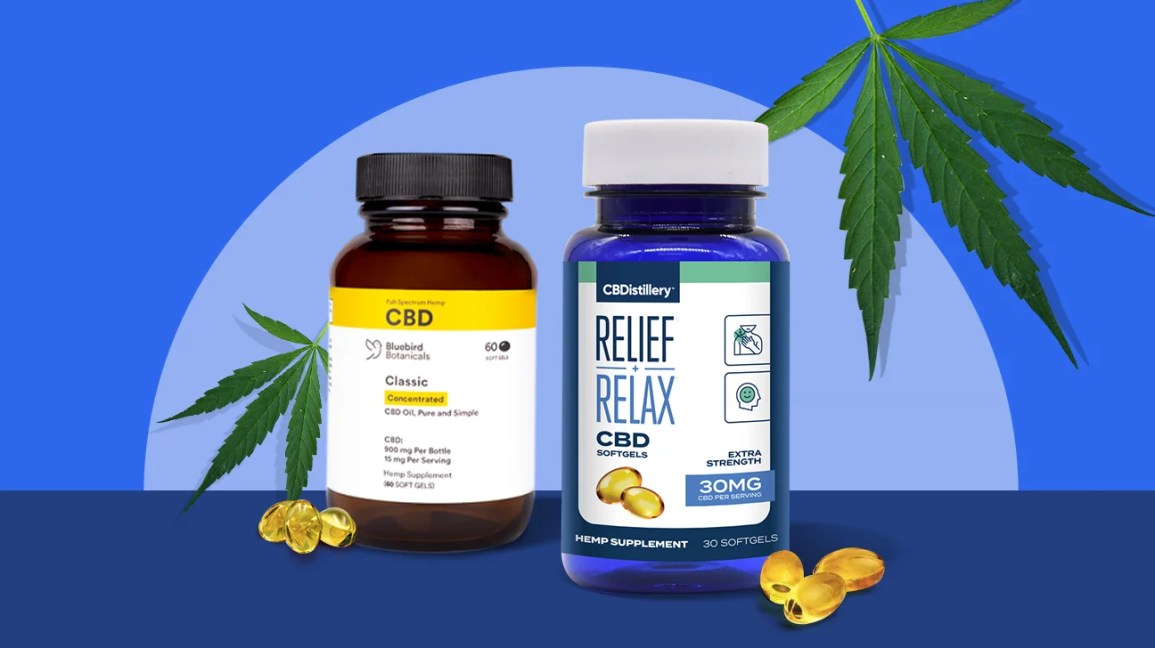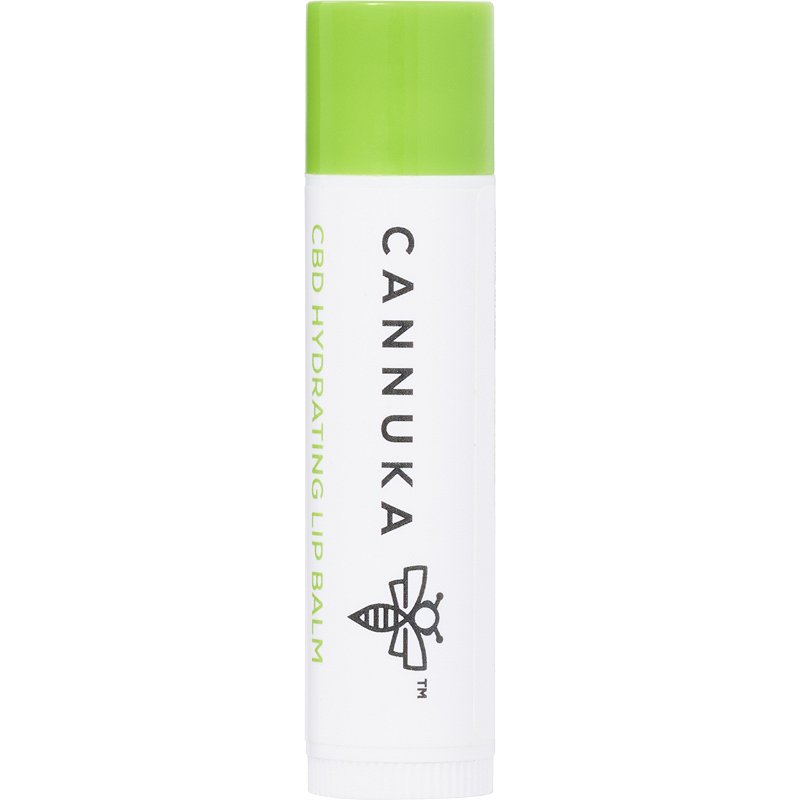
CBD, the chemical found in cannabis, has many laws. It is illegal to use CBD as an dietary supplement. In most states, the only legal way to purchase CBD is in a medical or recreational dispensary.
Epidiolex, a CBD drug that treats epilepsy, has been approved by the federal government. This approval could mean major changes for CBD throughout the United States.
CBD is also used for cosmetic purposes. These products must contain CBD and hemp, but not more than 0.3% THC. This is the psychoactive component in marijuana. Cosmetics cannot contain more than 0.3% delta-9 tetrahydrocannabinol on a dry-weight basis.
You may be curious about the laws that apply to your CBD business if you are considering entering the CBD industry. You must prove that you are able to produce a valid product from hemp and that it is not being sold in violation of any law.

The FDA and DEA have been busy in the past year. Both agencies have taken actions against CBD-based product sellers. The FDA is firm in its stance, despite the fact that the DEA has retreated from its position.
The federal law says that the FDA will regulate cannabis products according to Section 351 under the Public Health Service Act. The FDA clarified however that the FDA does not regulate the cannabidiol molecules in the same way as the THC molecules. That could mean that over-the-counter CBD medications could be made available at pharmacies.
CBD products are legalized in ten US states. They are not permitted in every location. Companies that plan to market their product must be able to do so at the right time. Recent clarifications by the FDA have made clear that edible CBD products are legal in certain areas. However, CBD-infused edibles are not allowed in other locations.
Despite the confusion, a handful of success stories have emerged. One of these stories involves Charlotte Fiji, a woman who battled epilepsy with the help of CBD. Even so, the drug is classified as a drug under the FDCA, meaning that it cannot be sold or distributed in interstate commerce without the FDA's approval.
A new ruling by the 9th Circuit Court of Appeals appears to support the federal government's position regarding CBD. The court ruled that any extract containing cannabinoids is a controlled substance.

It's possible that CBD will grow in popularity and more regulations will be put in place to regulate it. Given the popularity of CBD, it is important to pick the right time. It's crucial to remain diligent and adhere to state laws while your product is still in development.
It's important to keep in mind that the hemp industry exploits a complicated legal environment. Federal regulations are not the only thing that state regulators must consider as they try to adapt to the new landscape. And timing is key, especially when a CBD business begins to experience sudden changes in timing.
FAQ
Can I use CBD during pregnancy?
There hasn't been enough research to determine if CBD can be used during pregnancy.
But based on the limited amount of information available, it appears unlikely that CBD would cause harm to the baby.
It's important to note that CBD should not be taken by pregnant women unless recommended by their doctor.
The Food and Drug Administration published a warning about potential health risks when CBD is taken while pregnant.
FDA says there is evidence that cannabis usage during pregnancy can increase miscarriage risk.
According to the agency further research is required before any firm conclusions can be reached.
Is CBD growing?
The answer is yes And that growth is expected not to stop as legalization continues across North America. Canada is the only country that has legalized recreational use of cannabis. Many states have also passed medical marijuana laws.
This trend is expected to continue for at most another decade, as more states pass legislation that allows access to medical marijuana.
Economically, legalizing marijuana makes economic sense. Legalizing pot can provide many benefits, not only for farmers but also for the general public.
It could, for example, help lower crime rates by decreasing the availability of illegal drug. It could also help governments generate tax revenue.
As legal weed becomes more popular, many people will choose to reduce their alcohol consumption. This would lead to fewer hangovers as well as lower health care costs.
People with chronic pain may also find marijuana to improve their quality life. Many people believe that THC, the active ingredient in marijuana can relieve nausea and muscle spasms caused by chemotherapy.
A lot of people believe that marijuana is a good option for treating anxiety and depression. According to some studies, marijuana can be used to treat schizophrenia.
Even though the CBD industry looks promising, there are still many challenges to be overcome.
Which states consume the most CBD?
The top three states are California, Colorado, and Oregon. These states are home to large populations with high incomes and low unemployment rates. These states also have higher hemp farms than the rest.
California is the leader because its economy is heavily dependent on agriculture. It produces the majority of the nation’s fruits and veggies. This makes sense because cannabis is extracted from the same plants as hemp.
Oregon and Colorado follow closely behind as both states produce medical marijuana. These two states, however, do not permit the recreational use of marijuana, as California does.
Other states that are highly ranked include Washington, New York. Florida. Illinois. Pennsylvania. Mississippi.
What are some of the best CBD brands to buy?
These are the top five CBD brands that we have handpicked based upon quality, reliability, as well as value.
They provide high-quality CBD oils that have less than 0.2% THC.
We recommend you also check out our top CBD sellers worldwide.
Statistics
- CBD seems unlikely to directly influence sleep in healthy humans [115] (and maybe “sleep-promoting” in those with certain comorbid conditions) (ncbi.nlm.nih.gov)
- The inhibition of FAAH is predicted to lead to an increase in brain and plasma concentrations of AEA, which acts as a partial agonist at CB1R and CB2R, thereby increasing endocannabinoid tone [92, 110]. (ncbi.nlm.nih.gov)
- As a substance that was federally illegal before the passage of the 2018 Farm Bill, hemp-derived cannabinoids with no more than 0.3% THC still face a regulatory grey area. (forbes.com)
- While the primary injury may not be treatable, interventions that attenuate secondary sequelae are likely to be of benefit [203].Only one study (ncbi.nlm.nih.gov)
- A recent systematic review of human trials also reported that individuals with epilepsy receiving CBD (5–20 mg·kg−1·day−1) were more likely to experience decreased appetite than those receiving placebo (i.e., ~20 vs. 5% of patients) (ncbi.nlm.nih.gov)
External Links
How To
What are the main issues with the CBD industry.
The market for CBD products is expanding at an astounding rate. However, there are still many challenges facing businesses looking to enter this space. There are many challenges facing businesses looking to enter this space, including low consumer awareness, high costs of entry and limited access to capital.
Many consumers do not know what CBD is or how it works. They are unable to make an informed decision about buying CBD products.
CBD companies are heavily dependent on word-of–mouth marketing. This is expensive as they must pay advertising costs and to hire staff to market their brand.
Another issue facing new entrants into the CBD industry is the high cost of production. It is very expensive to obtain the raw materials required for CBD products. CBD oil can only then be produced if the hemp has been grown in a specific environment.
It takes approximately $1,000 per acre to grow enough hemp to process into CBD oil. Many small farmers are unable or unwilling to invest in this product.
Another challenge new entrants face in the CBD market is the lack of access to capital. Due to the stigma surrounding the industry, banks discourage many people who wish to start businesses.
Finally, there is regulatory uncertainty surrounding the sale of CBD products. There are currently not clear guidelines as to how CBD products should marketing.
Some states have passed legislation restricting the sale of CBD products, but this has yet to become national policy.
Only Nevada and Maine have already legalized recreational cannabis.
Some states, such as Michigan and Massachusetts, are looking at similar measures.
These changes could cause increased competition among CBD manufacturers.
These factors lead to many entrepreneurs choosing to work from their home instead of starting a physical company.